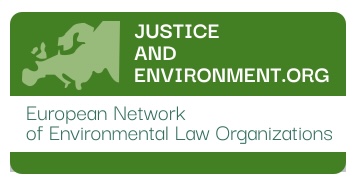Last month, 29 June, the first event of the DACE (Discussions and Actions on Climate and the Environment) Project was held at the headquarters of the Hungarian Ombudsman Office. The 45 participants of the event discussed a wide range of topics related to climate adaptation including scientific facts, policy information, legal issues and direct action solutions.
The event was opened by Prof. Gyula Bándi, deputy-ombudsman for future generations, who was followed by Csaba Kiss, the project’s national coordinator and CEO of EMLA who introduced the data of the national opinion survey.
Amb. Barbara Botos, special envoy of the Government, then discussed international, EU and national policy-making processes related to combating climate change. Ákos Éger, head of Friends of the Earth Hungary, provided an ecological activists’ view on how the current crises could be approached and solved.
Dr. Sándor Szemesi, advisor at the Constitutional Court, presented on legal avenues for the protection of the climate which was followed by the presentation of Justice Fruzsina Bögös, Supreme Court Judge and member of the Aarhus Convention Compliance Committee, who discussed international examples of climate litigation and the likelihood of a Hungarian case.
Dr. Éva Tóth from the Freedom of Information Authority of Hungary then described how information on environment and climate change can be obtained and what remedies there are for refusals of requests. Finally, dr. Béla Kuslits from the Social Reflection Institute called the participants’ attention to direct actions and suggested controversies built in laws and funding schemes that do not respect climate mitigation and adaptation.
The meeting was highly evaluated by all participants as being lively, fruitful and interesting. The DACE Project focuses on climate adaptation issues and climate rights in six European Union Member States (Austria, Bulgaria, Estonia, Hungary, Slovenia and Spain).
Funded by the European Union. Views and opinions expressed are however those of the author(s) only and do not necessarily reflect those of the European Union or or of the granting authority – the European Education and Culture Executive Agency (EACEA). Neither the EU nor EACEA can be held responsible for them.



